Japan has begun to introduce differential pricing to ensure that the surge in tourists does not overwhelm locals, who are often loyal customers.

If you are a perfect Japanese speaker and can confidently order food in a sushi bar in Tokyo, then you can benefit greatly from mingling with the locals during your trip.
According to an article published on CNN, Japan has not, or rarely, raised prices for foreign tourists. But the post-COVID-19 overtourism and weak yen have prompted domestic restaurants to consider the benefits of differentiating prices for tourists and locals.
“People often say it’s discrimination,” said Shogo Yonemitsu, who runs Tamatebako, a grilled seafood buffet in Tokyo’s bustling shopping district of Shibuya. “But it’s really hard for us to serve foreigners, sometimes beyond our capabilities.”
He insists he does not charge tourists extra. Instead, he gives locals a 1,000 yen discount, saying “we need this pricing system for cost reasons.”
Japan will only fully reopen in the fall of 2022 after lifting pandemic travel restrictions. This year, with the yen falling to its lowest level against the dollar in decades, tourists have returned to the country in large numbers.
According to government data, the number of tourists to Japan hit a record 17.78 million in the first half of 2024, and is on track to break the country's 2019 record of 31.88 million.
In response, locations across the country have begun imposing tourist taxes, limiting visitors and even banning alcohol sales to limit the impact of tourism.
Earlier this year, a resort town at the foot of Mount Fuji erected a giant net to block views of the iconic mountain, after tourists flocking to take photos caused traffic chaos and litter.
Meanwhile, tourism authorities in Hokkaido, the country's northernmost prefecture known for its beautiful scenery and ski resorts, have urged businesses to offer discounts to locals.
And a mayor in western Japan says he is considering charging foreign tourists six times more than locals for admission to UNESCO- listed Himeji Castle.
Elisa Chan, associate director of the Chinese University of Hong Kong's hospitality research center, said setting differential prices could be an effective way to combat overtourism.
“Owners may want to ensure that a sudden surge in tourist demand does not drive away all their regular and loyal local customers. Charging higher tourist fees may be seen as a solution to this problem,” she said.
Yonemitsu, the owner of Tamatebako, said the influx of tourists was not simply a matter of adding tables. The restaurant had to hire more English-speaking staff to take orders, handle reservations and explain everything from how to tell sashimi from grilled dishes to how to store luggage. Failure to do so would have created chaos, he said.

“Some people say, ‘We don’t do this in our country.’ But think about how poor the English skills of Japanese people are. We’re not at the level where we can call ourselves a tourism powerhouse. We can’t speak English, but we can’t speak it wrong. It’s really stressful,” he said.
The practice of posting price differences is new in Japan, but is actually common in many countries. Since prices for locals are often written in the local language, foreign visitors are sometimes unaware that they are paying more.
Shuji Miyake, who runs an izakaya, or casual pub, in Tokyo’s Tsukiji district, serves lobster ramen for 5,500 yen — four times the price of the shrimp ramen he usually serves to his regulars. He says the high-end dish is for customers he knows have a higher budget and are willing to try something new.
Australian tourist Phoebe Lee said she did not mind paying more if the weak yen made life difficult for locals.
“This helps support local businesses so they can continue to provide us, the lucky tourists, with wonderful experiences and preserve important aspects of Japanese culture, such as small family-run restaurants or authentic ryokan (traditional inns),” she said./.
Source: https://baolangson.vn/chinh-sach-chenh-lech-gia-ky-la-cua-nhat-ban-nham-ho-tro-nganh-du-lich-5017696.html

















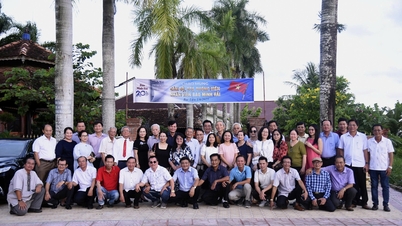
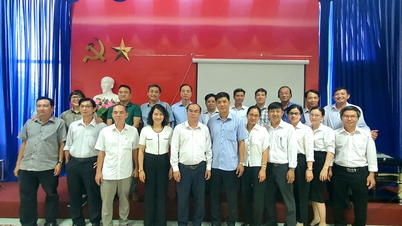







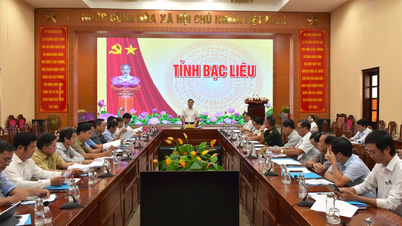
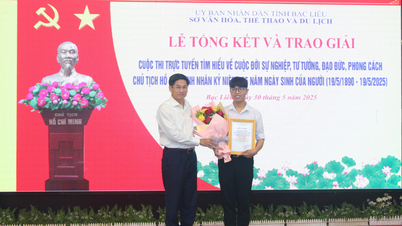




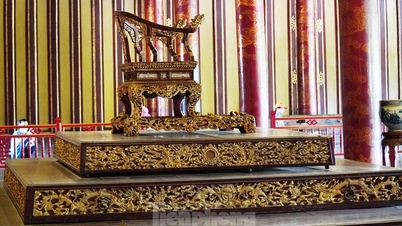






















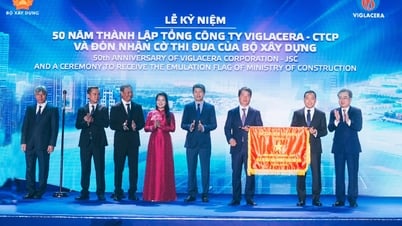
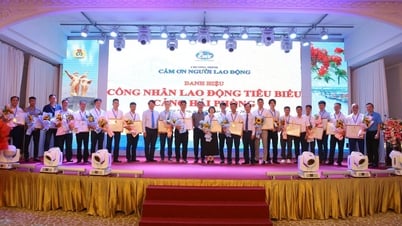








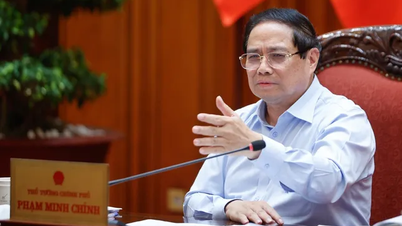





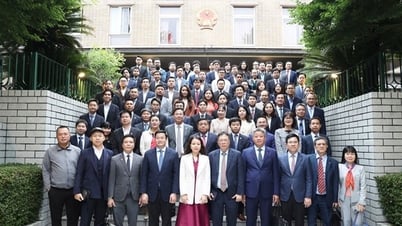



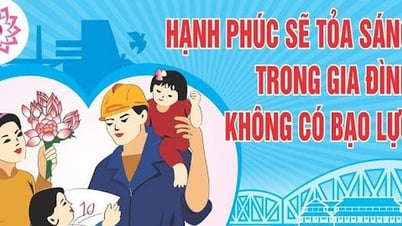

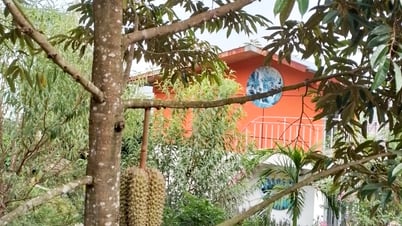






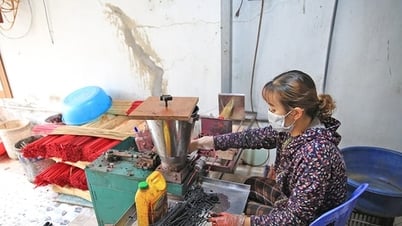












Comment (0)